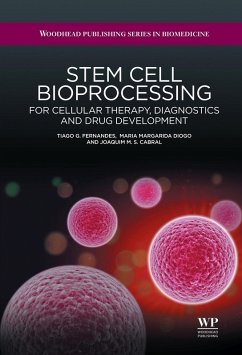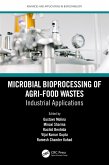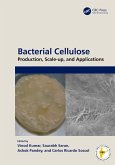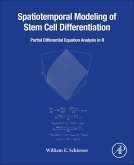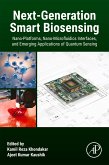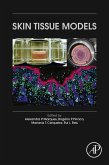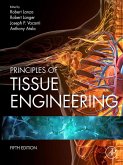Stem cell bioprocessing describes the main large-scale bioprocessing strategies for both stem cell culture and purification, envisaging the application of these cells for regenerative medicine and drug screening. Bioreactor configurations are described, including their applications for stem cell expansion, and stem cell separation techniques such as isolation and purification are discussed. Basic definitions are provided concerning the different types of stem cells, from adult stem cells to the more recent induced pluripotent stem cells. The main characteristics of these different stem cell types are described, alongside the molecular mechanisms underlying their self-renewal and differentiation. The book also focuses on methodologies currently used for in vitro stem cell culture under static conditions, including the challenge of xeno-free culture conditions, as well as culture parameters that influence stem cell culture. Approaches for both stem cell culture and separation in micro-scale conditions are presented, including the use of cellular microarrays for high-throughput screening of the effect of both soluble and extracellular matrix molecules. A further section is dedicated to application of stem cells for regenerative medicine.
- Maintains a unique focus on both the basic stem cell biology concepts, and their translation to large-scale bioprocessing approaches
- Envisages the use of stem cells in regenerative medicine and drug screening applications
- Discusses the application of microscale techniques as a tool to perform basic stem cell biology studies
Dieser Download kann aus rechtlichen Gründen nur mit Rechnungsadresse in A, B, BG, CY, CZ, D, DK, EW, E, FIN, F, GR, HR, H, IRL, I, LT, L, LR, M, NL, PL, P, R, S, SLO, SK ausgeliefert werden.

